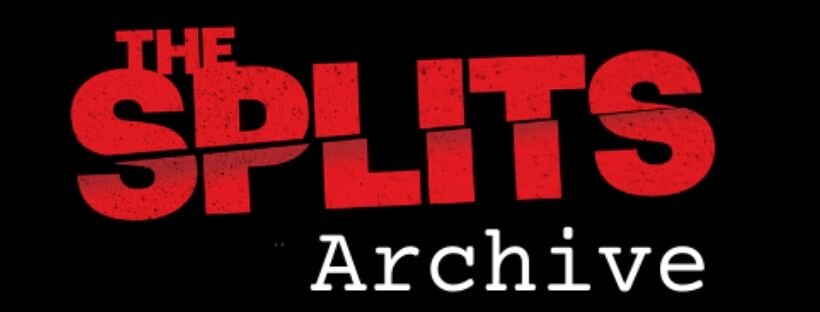Guts Reaction – The Joker
The Joker is a dark star of provocation and I liked it a lot. It’s about as fun as confrontational, in your face, ‘problematic’ cinema can be.
First, the cons. It needs to be said that very few mentally ill people hurt anyone. Nor is the Joker as original as it’s thought to be - Carrie, Monster (about Aileen Wuornos) and of course Taxi Driver all tread similar ground. Finally, the protagonist’s metamorphosis – momentarily at least - into a triumphant supervillain feels like a direct invitation to copycats. How more unambiguously glamorizing can you get?
But The Joker poses its difficult questions brilliantly. Does it encourage vengeful violence, we are left wondering, or greater compassion? Does it humour dangerous individuals, or expose society’s responsibility for their behaviour? Does it vindicate murderous narcissism, or power up the downtrodden? It’s never clear, making it a genuinely troubling watch.
Arthur Fleck himself is hard to decipher. His mental illness is not the romantic type, it’s difficult and distressing. But his violent offending is relatively sympathetic - he’s not obviously sexually deviant and he only kills really unpleasant people. He’s delusional, infantile and out of control, but he’s not psychopathic, calculating or sadistic. He’s not Ted Bundy.
I found myself rooting for him, and felt duly uncomfortable. But we are all the heroes of our own stories and if you want to understand people that’s where you have to go.
What is more, it’s possible to go much further than The Joker ever does. American Psycho, for example, succeeds in making serial killer Patrick Bateman sympathetic. Bateman is psychopathic, calculating and sadistic, however most of us rationalise that as brilliant satire. This isn’t possible with the The Joker and not just because of its sober tone. It may be set in the mythical city of Gotham, but because Arthur Fleck is less extreme he’s also far more real.
There is no escaping what the film asks of us – to combine bitterly incompatible polarities into a single, uneasy whole. The vulnerability of violent offenders versus the threat they pose. Our safety as the law-abiding majority versus the harm we inflict on the less fortunate. The rewards of communicating with dangerous people versus the imperative to stop the danger.
Not everybody will see Arthur Fleck as vulnerable because not everybody has the luxury. Some of us have experienced nastier versions of him. But for those of us that can, watching him caper down the stone steps is, I think, mind-expandingly disquieting – the moment the film unifies its contradictions.
“Society should condemn a little more and understand a little less,” John Major said in the 90s during a clampdown on crime. This is certainly simpler, and in the short term it may be more effective. But as The Joker reminds us, it will only create more monsters.

